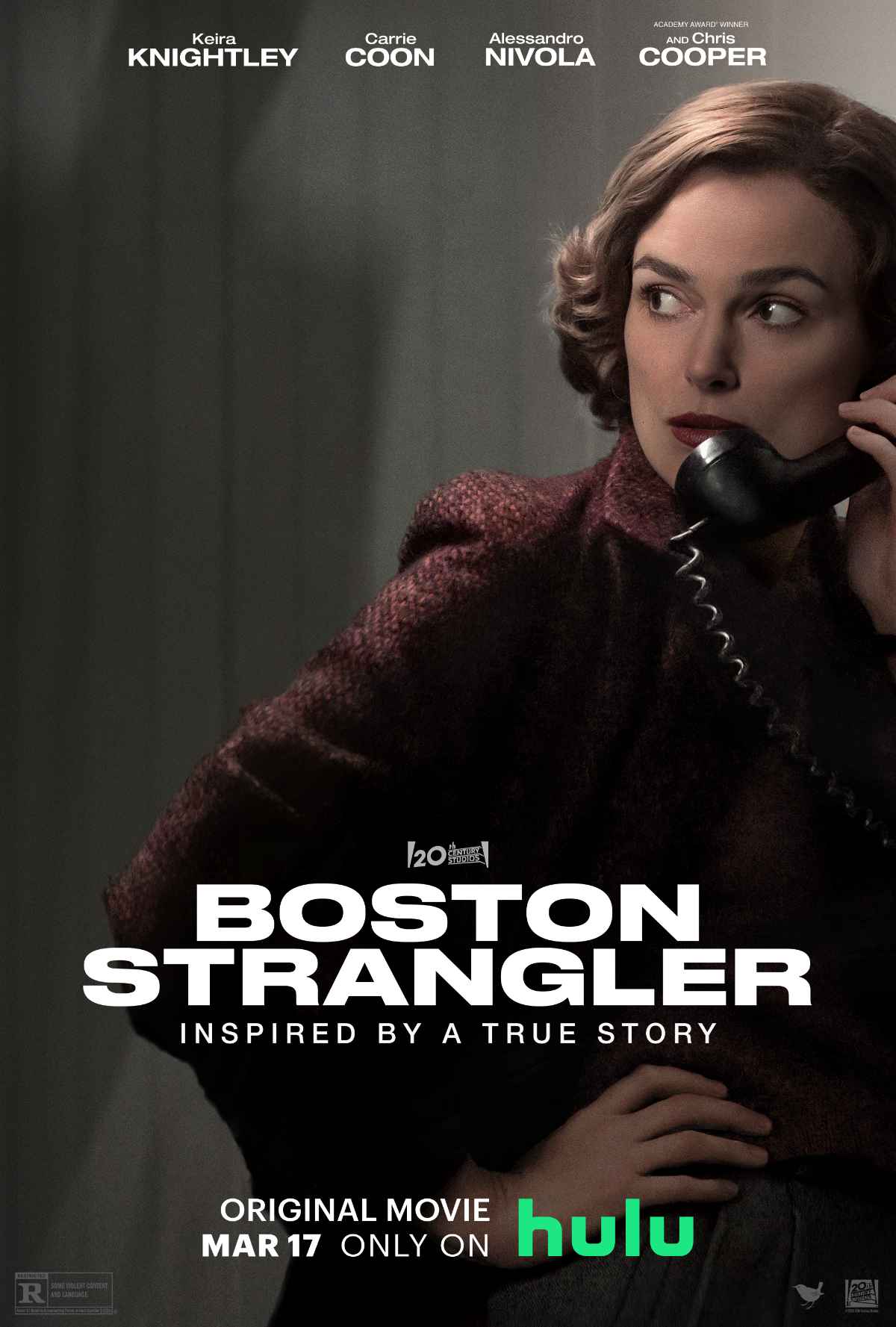Boston Strangler Cast on the True-Crime Thriller
20th Century Studios is set to release the new true-crime thriller Boston Strangler and Vital Thrills recently got a chance to speak to writer/director Matt Ruskin and the cast. The film tells the story of the trailblazing reporters who broke the story of the notorious Boston Strangler murders of the 1960s.
Boston Strangler will premiere March 17, 2023, exclusively on Hulu in the U.S., Star+ in Latin America, and Disney+ under the Star banner in all other territories.
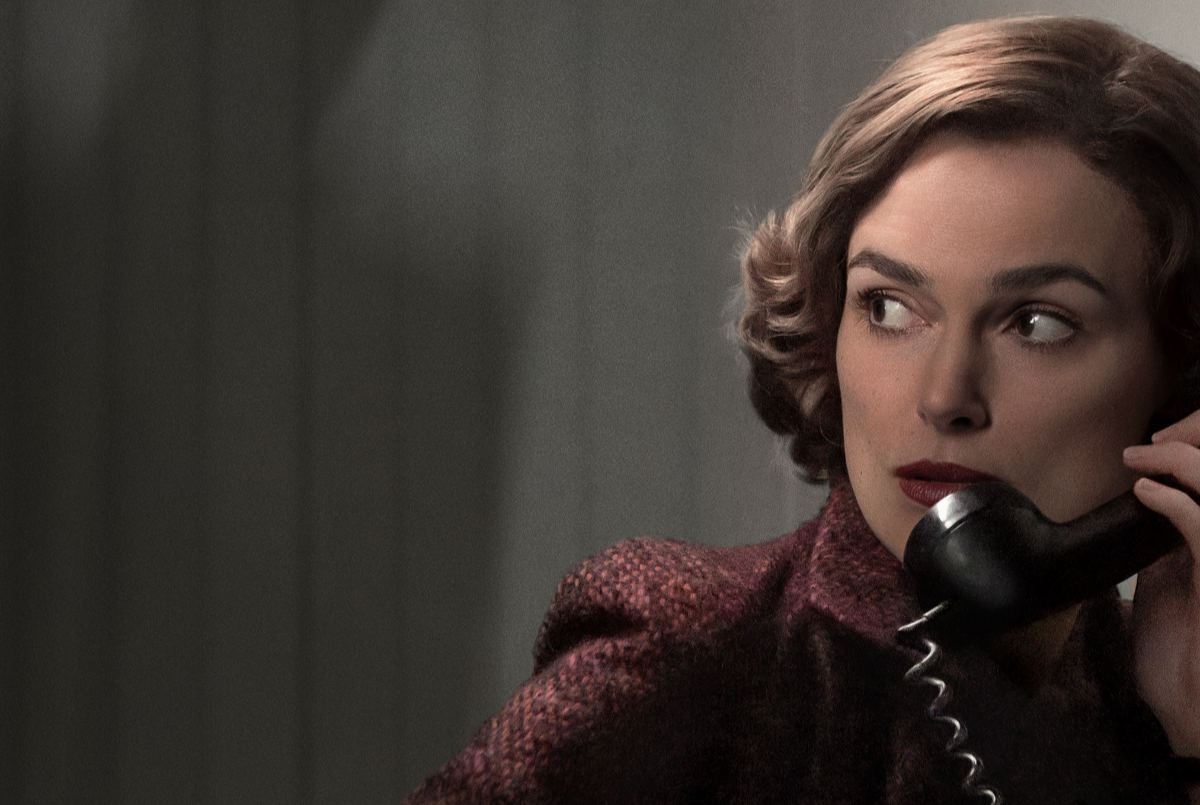
Ruskin was asked about his knowledge of the Boston Strangler case before he started. He said he didn’t know much other than what he saw on TV. “Several years ago, I started reading all that I could and discovered this incredibly layered murder mystery that was full of twists and turns. And, in many ways, was as much a story about the city at the time.
“And so, I was just completely gripped by the case. And when I discovered these reporters, Loretta McLaughlin and Jean Cole, I found out that they were one of the first reporters to connect the murders. And they actually gave the Boston Strangler his name during the course of their reporting. I felt like that was a really compelling way to revisit this case.”
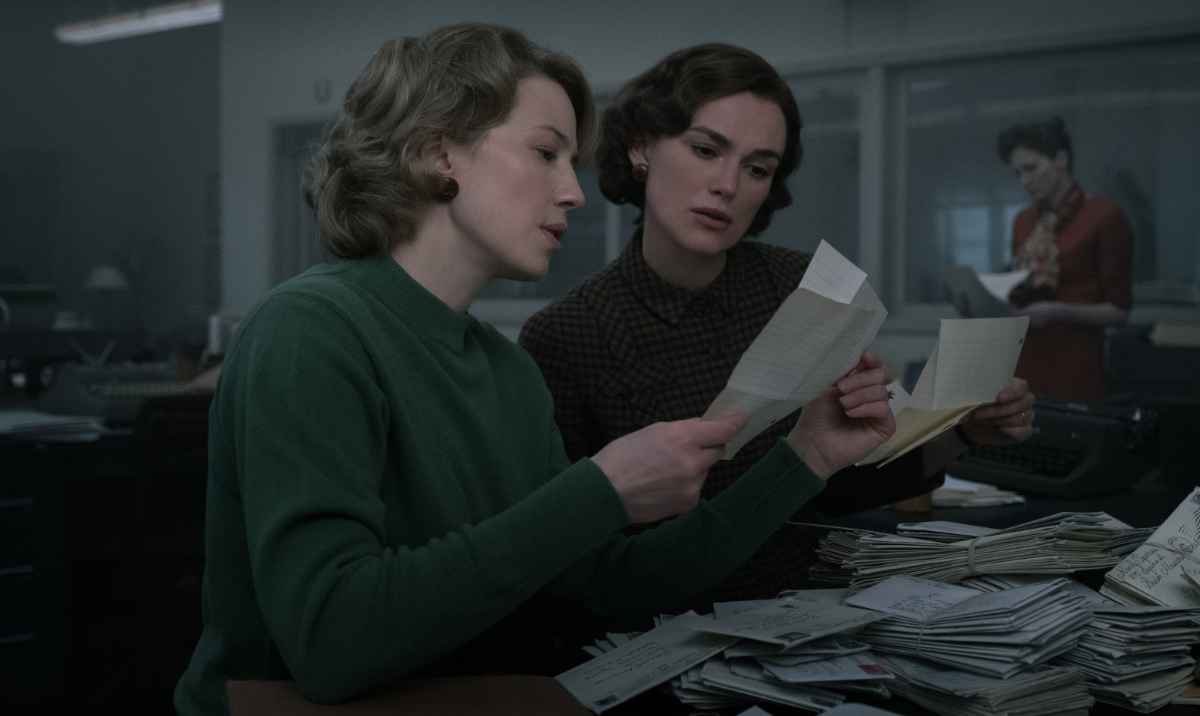
Keira Knightley, who plays Loretta McLaughlin, added, “I think for me, I had heard of the Boston Strangler. I really didn’t know anything about it. So I really came to it from Matt’s wonderful script. And I just thought it was a really interesting way of telling the story of a serial killer but through the point-of-view of these two female journalists. And the fact that you’ve kinda got a case where most people didn’t know that it was two women who broke the story, that they’ve largely sort of been erased from the history of this case, I thought was really interesting.”
Carrie Coon plays Jean Cole and spoke about women being erased from the narrative. “Yes, that was the most shocking part of it for me, that these women were so integral to breaking the case and to forcing the police departments to share information. And their names are never mentioned in association with it. That was really shocking to me.

“And then, their stories of how they became journalists, as individuals, they were very compelling, very moving stories. Certainly echoed the lives of the women in my world who grew up in the Midwest. My mother was a nurse. One of my grandmothers was a teacher, and the other was a homemaker. And those were the opportunities available to women aside from secretary.”
Coon continued: “So Jean’s fight to become a journalist at all was very moving to me. And then, of course, I had seen Crown Heights, which Matt had made, and I think of him as a really, deeply moral filmmaker. And I knew that his interest in this story was feminist. That he was really interesting in revealing that those women had been erased from the story. And of course, I knew Keira was involved as well, and I was really excited to get the opportunity to work with her.”
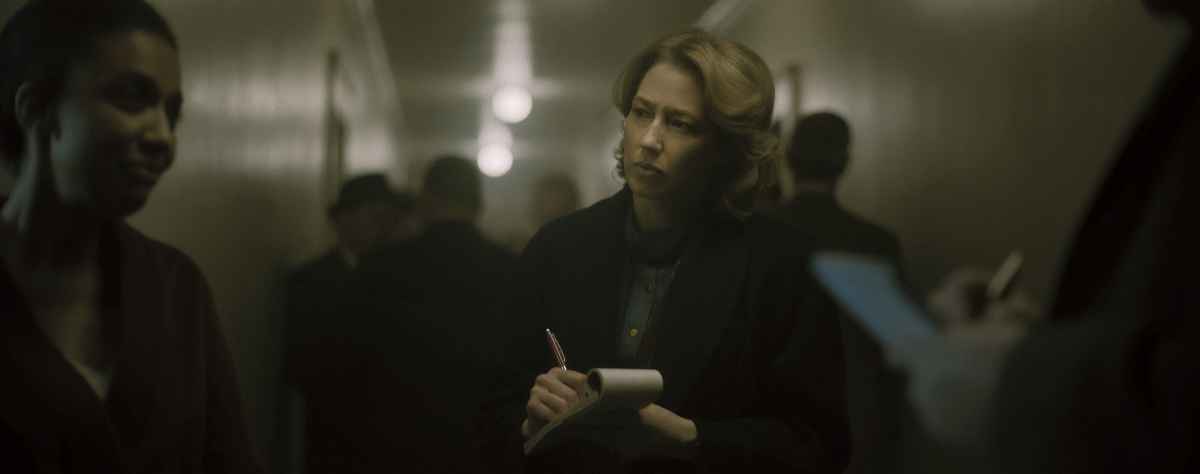
Ruskin said, “I was immediately grabbed by Loretta and Jean’s stories, but there was very little information available about them that I could find. And I read Jean Cole’s obituary, and it mentioned that she had two daughters. And I looked them up, and one of them had a Facebook profile and in the Facebook profile, she had one photograph.
“And in the photo, she had her arm around an old friend of mine. So I called up my friend, and I said, ‘How do you know this woman?’ And she explained to me that that was her mother and Jean Cole was her grandmother and someone that she absolutely revered before she passed away. So she introduced me to both families. And the more I got to know about these women and reporters, the more I grew to admire them and just felt incredibly compelled to trying to tell their story.”
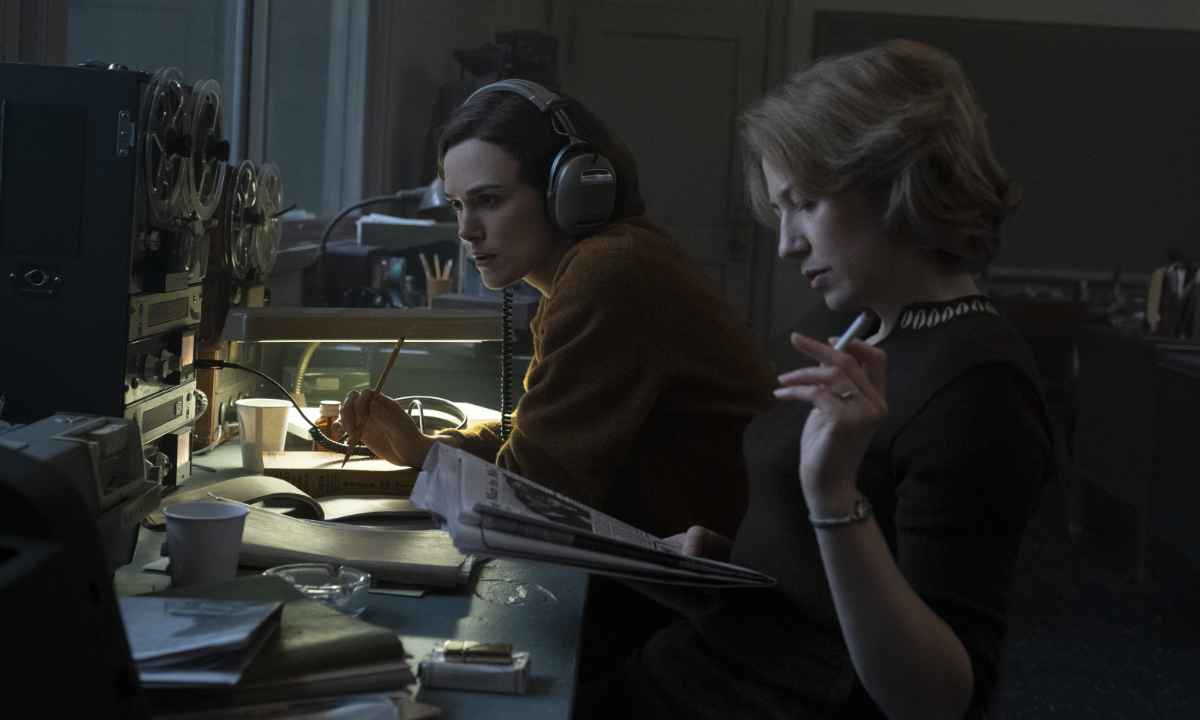
Knightley was asked about what impressed them about the women who cracked this case. She said, “I think for me, this whole film is really a love song to female investigative journalists. And really highlights how important it is to have women in position of power in storytelling, because it was these two women that really went, ‘This is an important story. This is information that needs to be in the public in order to keep women of Boston safe.’
“And I think, largely, it was a story that had been, at that point, ignored by the male establishment. I don’t know that their male colleagues would have seen the importance of it. So I think it’s wonderful to be part of something that is really highlighting how important it is to have as many good female journalists as you possibly can for the safety of our communities.”
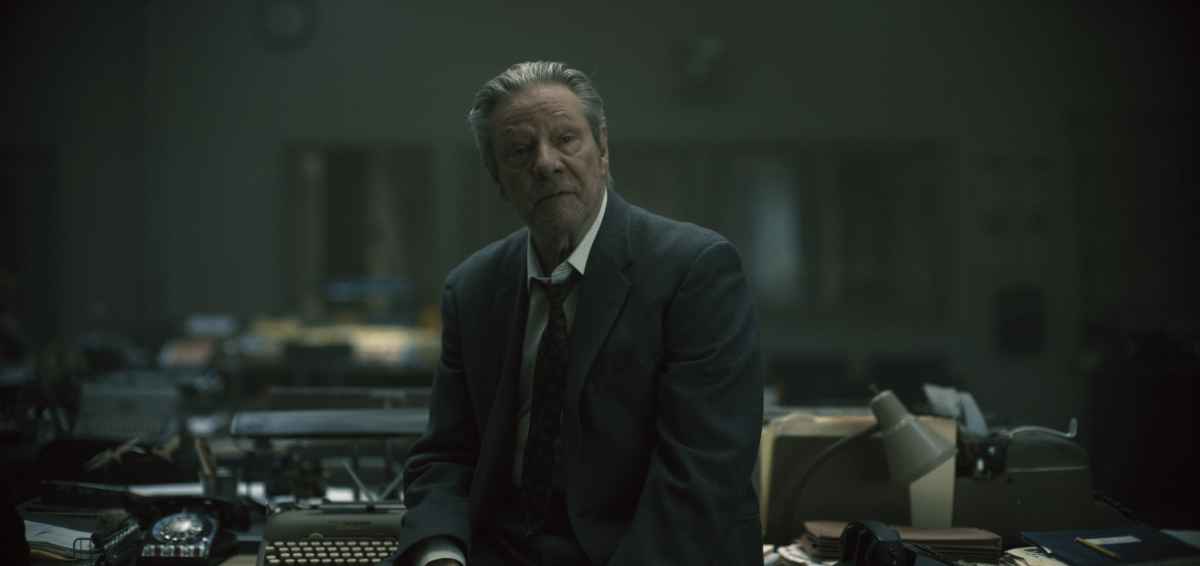
Chris Cooper, who plays newsroom boss Jack MacLaine, said of his research, “I was lucky enough to rub shoulders with Eileen McNamara, a Pulitzer Prize-winning journalist who worked on the Boston Globe in the ’70s and ’80s. Loretta was a mentor to Eileen, and Eileen directed me to exactly what I needed. And a little bit unorthodox, I followed Jack Maclaine, the character. Jack was never too interested in these murders, you know?
“And it was complete embarrassment for the Boston Police. They didn’t seem to be pursuing it that much. But Eileen directed me to source material that was so specifically for the ’60s newsroom, what happens politically, you know, just terminology I wanted to know about, hierarchy within the paper. That’s where my interest, and that’s where my research led me.”
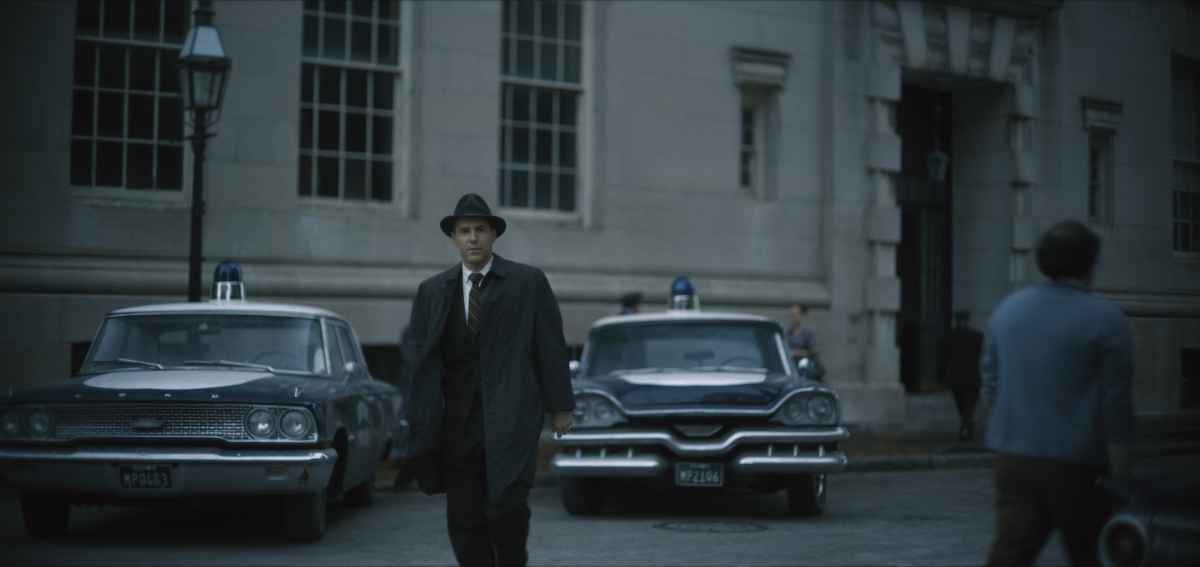
Of the culture of the newsroom and the character’s relationship with the women in the film, Cooper said, “They were terribly dismissive, terribly dismissive of the women journalists. And she, and you know, Eileen was saying, you know, all this talk about the editors have their whiskey in the lower drawer, not really comfortable atmosphere for women to be in, you know? There’s a great story about Jean. She wanted to get a raise because she was making $30 a week and her childcare was costing $25. And she went in to appeal for a raise, and all of the men in the newsroom went in with her to back her up and suggest that she needed a raise.”
Coon added, “And it kind of highlights the importance of having male allies in a space like that. And I think Jean was a very practical feminist who put her head down and did her work well. And that’s all they could do [laugh] in that setting is try not to ruffle any feathers. And so it’s extraordinary that these women put themselves out on a limb the way they did. And then were exploited for it by, you know, having their photos taken.”
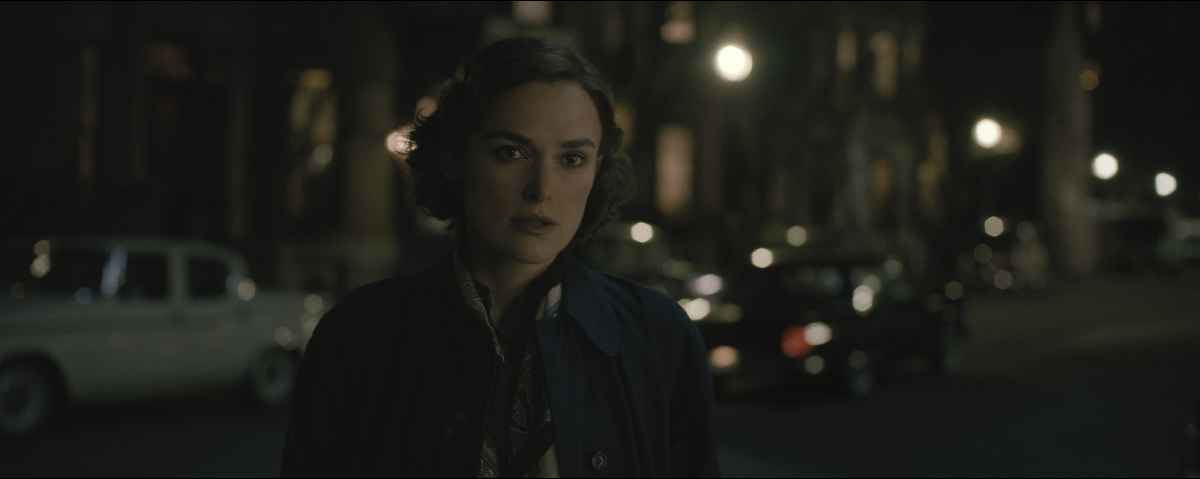
Cooper expanded on his character opening up enough to the work of these women to let them do what they had to. He said, “I mean, one of the things that stand out, and I don’t know if it was totally intentional, but you know, early on, his attitude is he says to Loretta, ‘These murders, these three murders, these are nobodies. These are nobodies.’ Loretta comes back and says, ‘These are the people who read your paper. The working class.’ And I think that was kind of a little wake-up call for Jack. It was just a quick little setup, but I think that made an impression on him.
“And these women, sometimes they win, sometimes they lose. They gotta get by me. And sometimes I am not the nicest guy concerning their material, and sometimes I act as a mentor. Mistakes are made, and I kind of redirect sometimes where Loretta doesn’t quite understand some issues, like, a different county, different DA. So he was a bit of a teacher as well.”
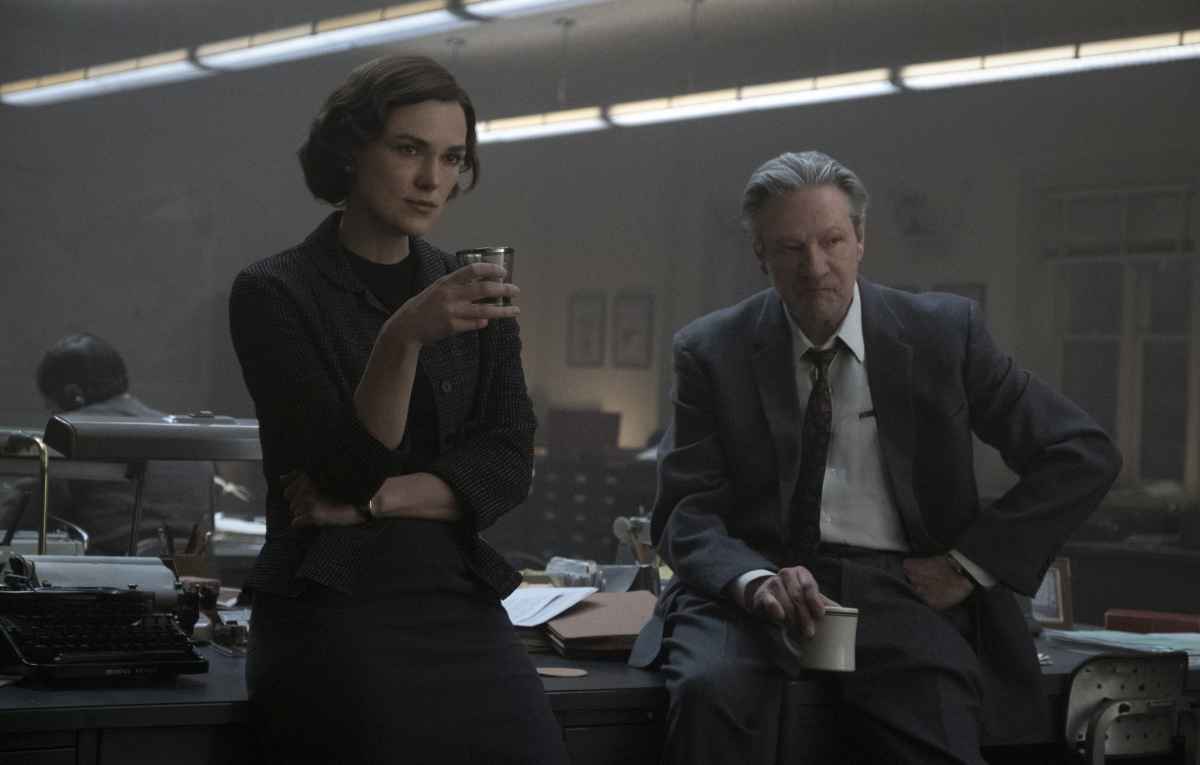
Alessandro Nivola, who plays Detective Conley, spoke about his character’s relationship with these women. He said, “I think the character is pissed off that the police department isn’t dealing with sort of more modern techniques of forensic psychology and that they’re not interested, seemingly, in connecting these murders. And so he does what’s kind of a desperate move in reaching out to her or agreeing to talk to her, because he’s probably the son of a cop. He’s probably the grandson of a cop.
“And so he’s facing, potentially, betraying the department and casting the department in a bad light by having it be perceived that the media is driving the case forward instead of the police department. But he does it because he’s just, like, totally obsessed with the case, and the only other person that he encounters who’s also totally obsessed with the case is her. And so I think, in that way, they feel like they are kind of cut from the same cloth. He’s probably also attracted to her and enjoys those encounters.
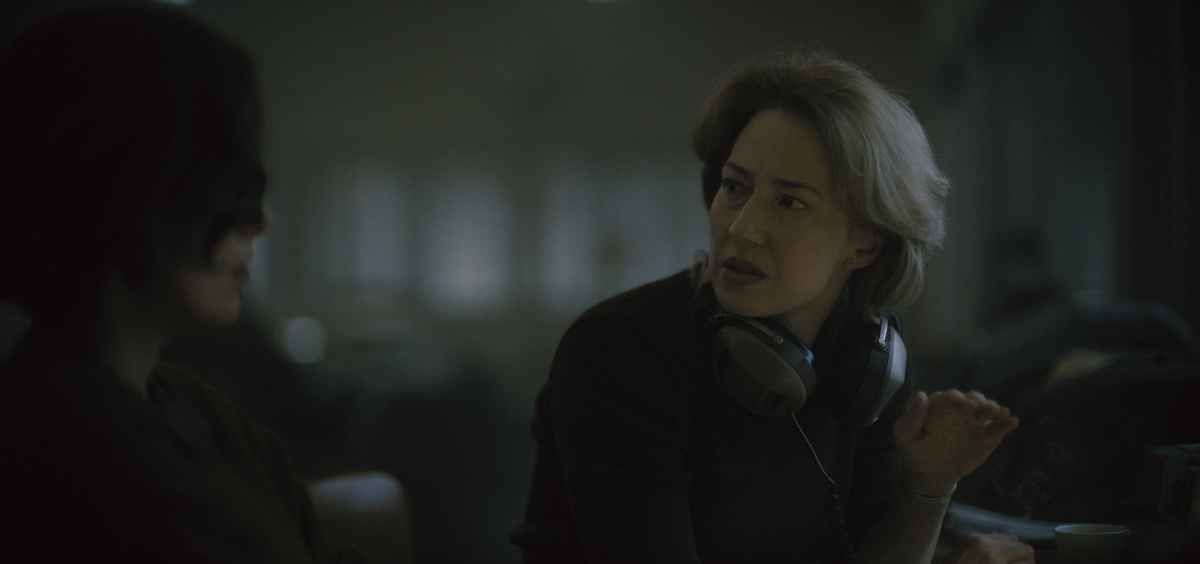
“And then, of course, you know, he does call her out on the ways that she overreaches, and when, unknowingly, she ends up hindering the case or getting into trouble with Bailey, or whatever. You know, he’s willing to call her out on it. But on the whole, I think he just feels that there’s something that they have in common, where they’re both staying up all night thinking about this thing. And the people they live with probably are sick of hearing about it.”
Ruskin added, “Yeah, you have to remember this is a decade before the term ‘serial killer’ even came into existence, and the Boston Police Department was very much a blunt instrument at the time. The field of Criminology was very much in its infancy. So interviewing psychiatrists to try and create a psychological profile was very much a forward-thinking thing that was outside of the norm. And I think they did connect on that. Some of the detectives who Alessandro’s character is based after, they were a handful of really forward-thinking detectives who were very open, and they wanted to know what Loretta and Jean were coming up with.”

Nivola was asked about the more heroic version of his character from the 1968 film starring Henry Fonda. He said, “Our story is obviously told from the point of view of the ladies. And, interestingly, talking to some journalists this morning, they were sort of just commenting on my character’s having kind of bailed at the end of the story, which is true. I mean, what I liked about what Matt did to kind of have him do the right thing against his better judgment at the end of the movie.
“Where, you know, he’s a cynical guy, and he’s just feeling, like, completely hopeless about it and just sick of being ignored, and he’s kind of thrown up his hands and cashed in with his advisory role in the film. Which was true. I mean, there was one of the Boston cops who ended up advising on that film. But then, of course, he kind of slips her this tape that ends up kind of driving the investigation on to what is the conclusion of it in the film. And I like that he kind of does that, despite claiming to have no interest in the case anymore.”
